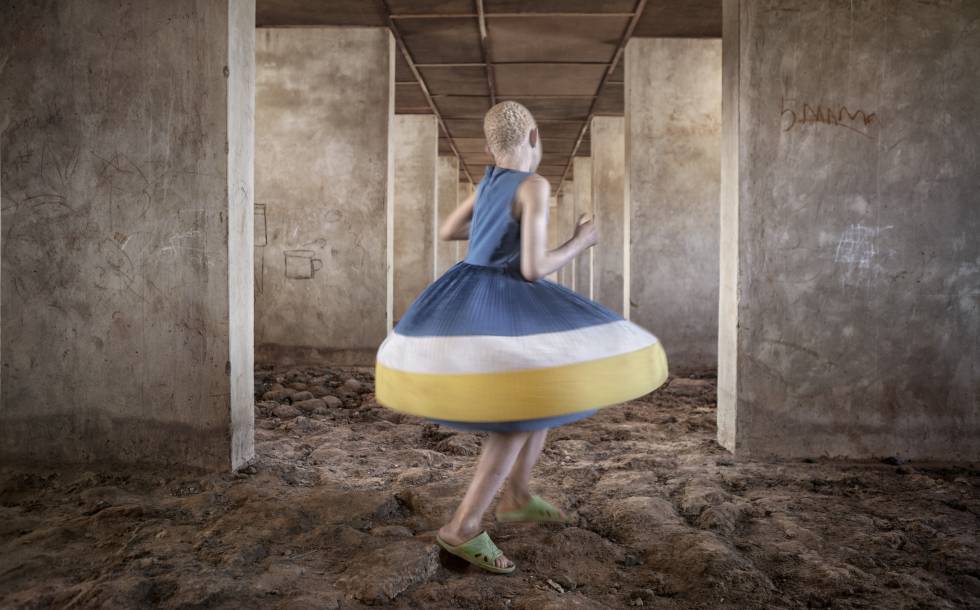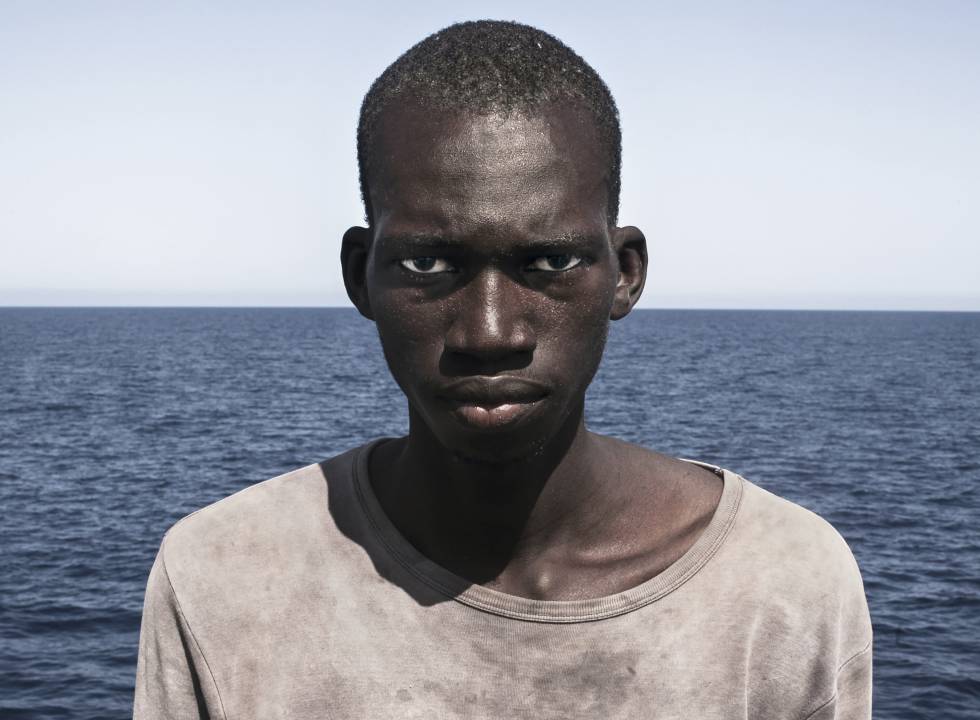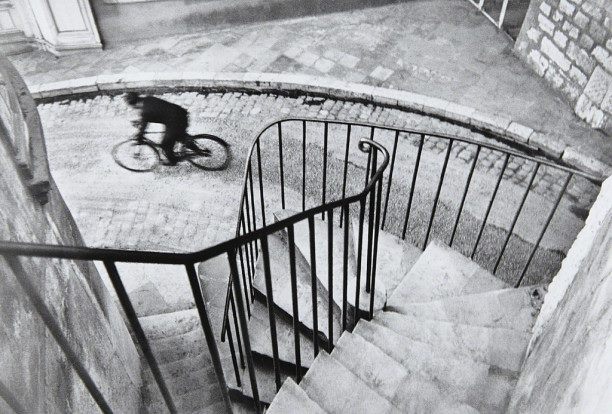Chalton Gallery is proud to present Future Shock, the first solo exhibition of Mexican artist Yoshua Okón in London.
Preview October 3, 6pm – 9 pm
October 4 – November 10, 2018
Curated by Giulia Colletti.
The exhibition plays at the intersection between Yoshua Okón’s early and latest moving image works. In an attempt to unveil the political and social post-truth reality, the artist explores the absurdity of capitalist excesses while humorously destabilizing them. Taking its title from the seminal science fiction book by Alvin Toffler, Future Shock reflects on ‘hyperstitions’, as narrative mechanisms that transmute fictions into truths, accelerating popular anxieties about the uncertainties of the future. Systems such as capitalism, hypes, and trends incarnate hyperstitional dynamics, as they turn a mere speculation into an effective world force. Defined by philosopher Armen Avanessian as «a productive force in which the future changes the present or a fiction becomes a reality»1, hyperstitions are ideas that engender apocalyptic feedback cycles, impelling tendencies towards chaos by invoking irrational forces. Lying between mythos and unbelief, hyperstitions is a term coined by The Cybernetic Culture Research Unit (CCRU) referring to a fictional technique transforming artificial events into reality. Disrupting the boundaries between re-enactment and actuality, Yoshua Okón’s works feed into fictions in order to exasperate social dysfunctions. Experiencing this exhibition at Chalton Gallery as an installation of three moving image works, the visitor crawls across narrative conceptions of a non-linear world. Presented works veer between social performance and a ludic pretence, constantly enacting and re-enacting an uncertainty towards what is both seen and unseen.
Installed in the main vitrine of the gallery, the single channel video Freedom Fries: Still Life (2014) puts a spotlight on the dehumanization of the body, promoted though adverts and accelerated by food corporations. The artist invites a countermodel – a loyal customer of McDonald's– to strike a pose on the “fast food catwalk”, where daily consumers are invited to pursue their freedom in choosing their own diet and life style, while in fact trapped in a spiral of disproportionate consumption.
Drawing upon the laughter track patented by Charles Rolland Douglass, Yoshua Okón simulates a hallucinatory production in Canned Laughter (2009), a three channel video installation presented in the main room of the gallery. Conceived in response to his experience in Ciudad Juárez, the artist imagines the production of canned laughter for sitcoms in one of the most dystopian industrial realities of Mexico, the maquiladora. In this establishment promoted by the North American Free Trade Agreement (NAFTA) in 1994, the artist sets up a hilarious schizophrenia, alluding to globalised exploitation and the impossibility of reproducing authentic emotions through technology.
Adopting the fictional strategy of mise-en-scène, Yoshua Okón presents The Indian Project: Rebuilding History (2015), a single channel video installation in the back room of the gallery. Speaking an urgent voice on misrepresentations of “nationality”, this film focuses on the community of Skowhegan (Maine) originally called Milburn, but re-christened in the 19th century to what is thought to be its original Abenaki, Native American name. The area, where Skowhegan is located, was the site of some of the most atrocious acts against Native Americans, purging any authentic trace of their culture. In an attempt to attract tourists, the local community tried to resuscitate the spirit of indigenous times by erecting an 80 ft. tall Native American wooden sculpture and to re-brand the town itself upon a pretentious native heritage. Along with some invested inhabitants of Skowhegan, Yoshua Okón recreates a skewed approximation of a native ceremony. What happens when depictions such as these cross into reality? Clichés, forms of supremacy, and prejudices empower massive shifts in perception, opening up new worlds of domination that are continually reproducing themselves.
Future Shock is presented by Chalton Gallery running during Frieze London. A series of talks featuring artist Yoshua Okón and curator Giulia Colletti accompanies the exhibition. Dates will be announced in September 2018 at www.chaltongallery.org. Since its establishment, Chalton Gallery has been a project space dedicated to showcasing British and Mexican artists at different stages of their career, with the aim of initiating lasting collaborations between art professionals from both countries.
About Yoshua Okón
Yoshua Okón (Mexico City, 1970) is an artist based in Mexico City. His artistic research pivots on experiments executed for the camera blending staged situations, documentation, and improvisation, questioning conventional perceptions of reality, truth, selfhood and morality. In 1994, Yoshua Okón along with Miguel Calderón founded La Panadería in a former bakery. Until 2002, this project served Mexico City as a vibrant non-profit space for exhibitions, residencies, and cultural events involving local and international artists. In 2009, Yoshua Okón establishes SOMA along with artists such as Francis Alÿs, Teresa Margolles, Mario García Torres, and Julieta Aranda. It is conceived as a non-profit space, which comes directly from the tradition of La Panadería. SOMA is an organization aiming at nurturing discussion and exchange in the field of contemporary art and education in Mexico City. Its mission is to provide a forum for dialogue between artists, cultural producers, and the public at large. Yoshua Okón’s works have been featured in Manifesta11 (Zurich); Gwangju Biennale (South Korea), and included in the collections of Tate Modern, Hammer Museum, LACMA, Colección Jumex and MUAC, among others. Recent solo shows include Yoshua Okón: Collateral, MUAC, Mexico City; Yoshua Okón: In the Land of Ownership, Asakusa, Tokyo; Salò Island, UC Irvine, Irvine; Piovra, Kaufmann Repetto, Milan; Poulpe, Mor Charpentier, Paris; Octopus, Cornerhouse, Manchester and Hammer Museum, Los Angeles and SUBTITLE, Städtische Kunsthalle, Munich. Recent group shows include: Antes de la Resaca, MUAC, Mexico City; Incongruous, Musèe Cantonal des Beux-Arts, Lausanne; The Mole´s Horizon, Palais des Beaux Arts, Brussels; Mercosur Biennial, Porto Alegre; Amateurs, CCA Wattis; San Francisco; Laughing in a Foreign Language, Hayward Gallery, London; Adaptive Behavior, New Museum, NY. Yoshua Okón studied at UCLA Los Angeles, graduating in 2002.
1. Avanessian, A. (2017) Overwrite: Ethics of Knowledge – Poetics of Existence. Sternberg Press: Berlin, p. 9.











































